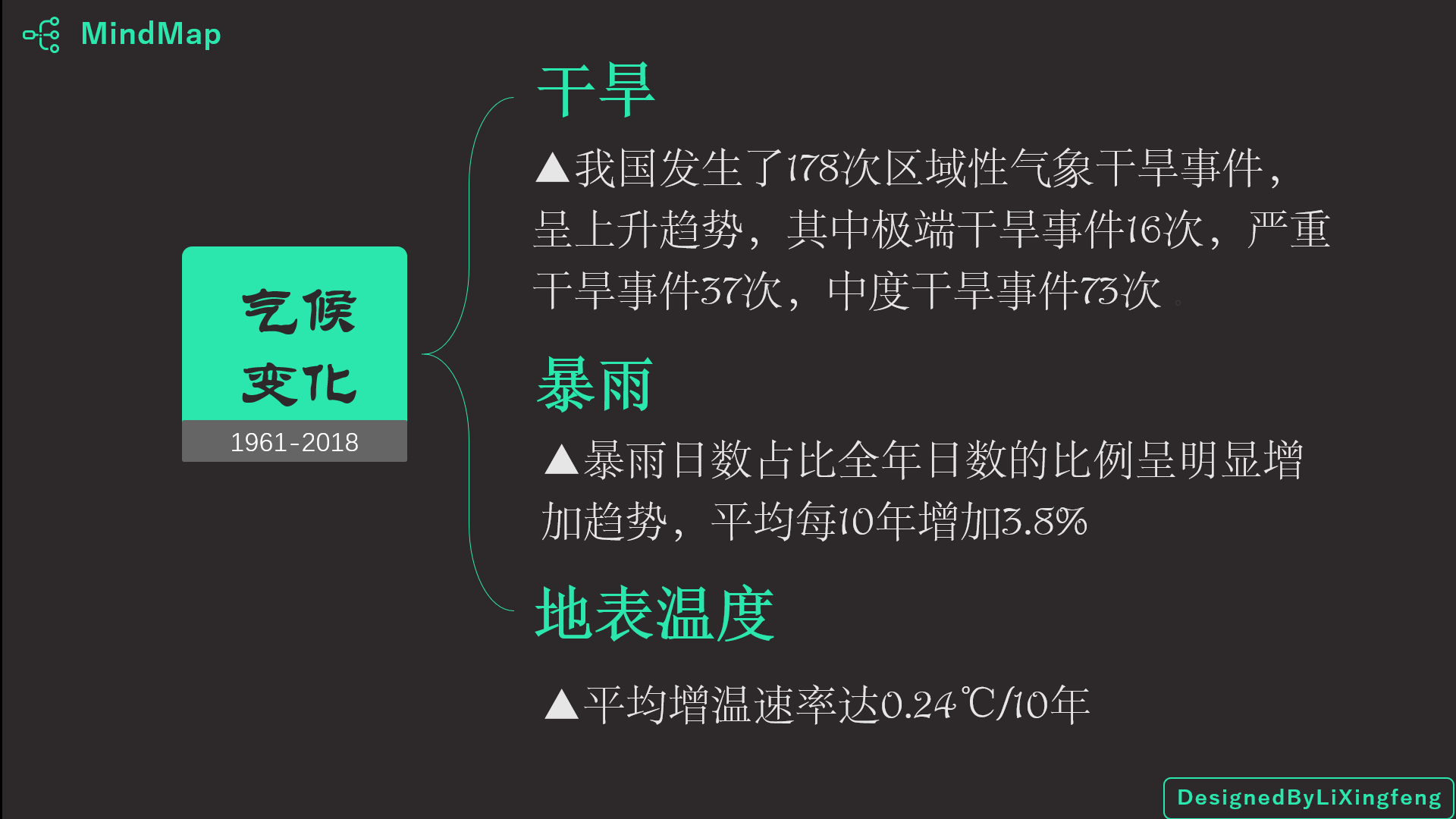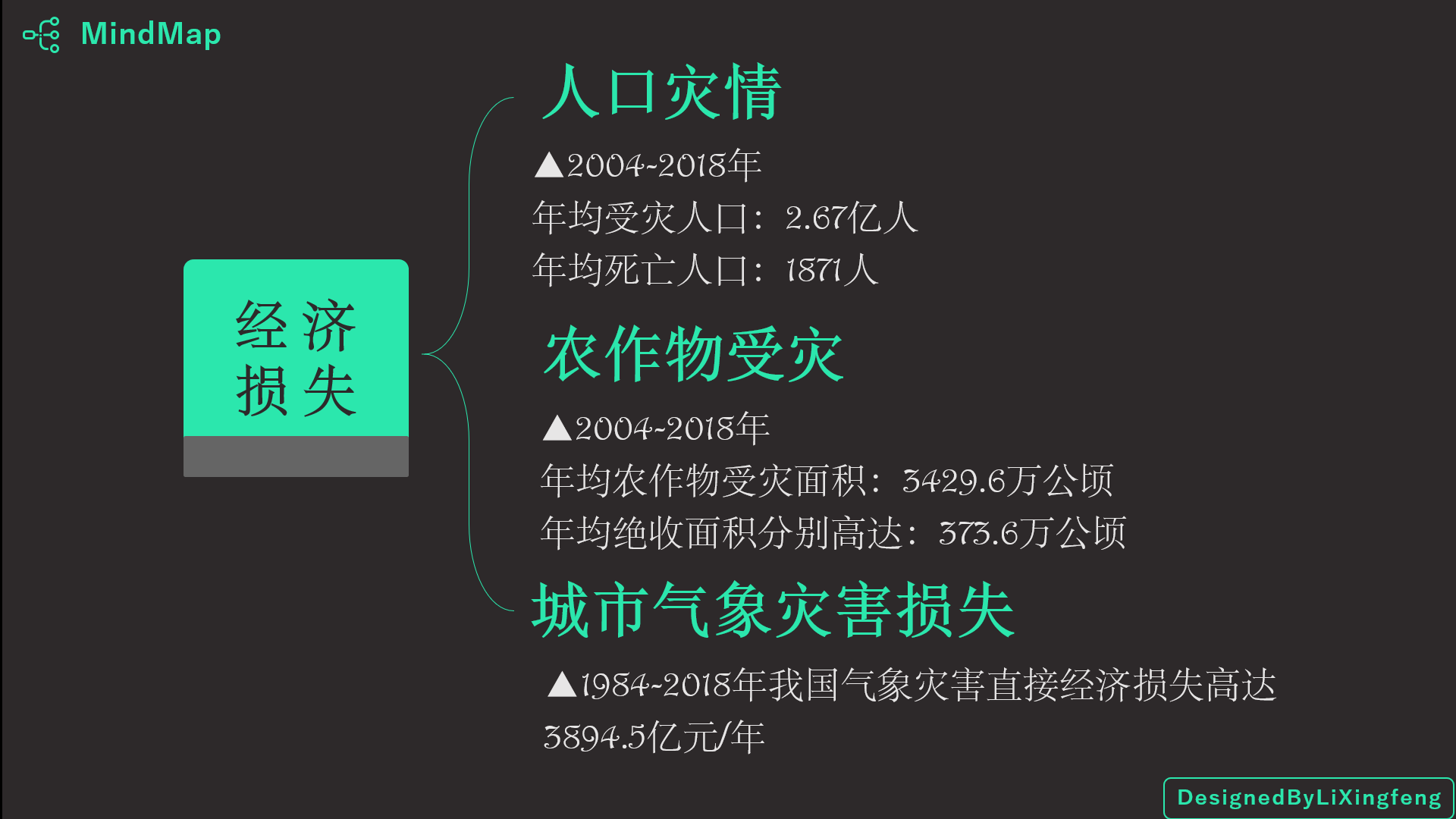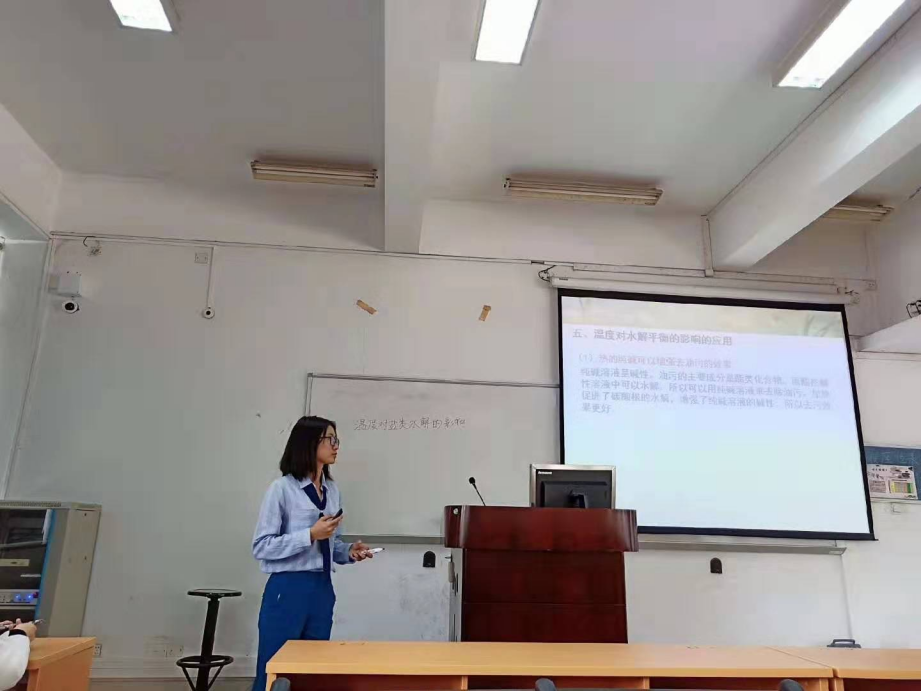
Likes
Editor's Note: Under the theme of “Challenge and Change”, the second English writing contest of SCNU has came to a close with over 280 articles from 28 schools and colleges. We recognize all prize winners for their excellent performance. Awarded winners have been announced (see results), and all winning articles will be published in this column.
-------
By Li Xingfeng
"Accuse not nature, she hath done her part; do thou but thine,"—John Milton, English poet. Recently, “changes unseen in a century” flood our screens. It is an authoritative strategic judgment of Chinese officials on the development of the global situation, which has aroused great concern at home and abroad. The setup of the world is welcoming a new reset, and we are catching up with this great era.
The world today is marked by changes unseen in a century, and its development trend is influenced by a variety of factors. Global climate change is one of them, which is regarded as a "burning-rate accelerator".
Climate change has become one of the serious challenges of global sustainable development. Since 2019, extreme weather under the influence of climate change seems to be happening everywhere. From southern Africa to North America, in Australia, Asia and Europe, floods, storms and fires have brought chaos and serious destruction. From the following pictures, we can see a desperate situation of various disasters caused by climate change in China[1].

Impact of climate change

Losses caused by climate change
He Jiankun, one of the deputy directors of China's National Climate Change Expert Committee, believes that the increasing global extreme weather events are aggravating the urgency of climate control. There is no time to waste to prevent climate catastrophe. However, until now, no good solutions for climate change have been put forward in the international negotiations, which have gone through a long and difficult 25 years from the Kyoto Protocol in 1997, the Copenhagen Accord (in 2009) to the Paris Agreement (2016).
The climate is an important foundation for human survival and development, and it is also an important factor affecting the sustainable development of the economy and society. Maintaining a stable climate is a necessary condition for promoting the prosperity and development of civilization.
However, “Changes unseen in a century” has brought both challenges and opportunities to China's climate governance.
When it comes to China's challenges in climate governance, there are three gaps. The first is the funding gap. In order to achieve the goal of a maximum 2 degrees temperature rise, the whole country needs to invest a lot of money every year. However, China is now at a critical stage to realize its two centenary goals. Whether it is national defense science and technology or education and people's livelihood, it needs a lot of financial support, which means that the funds on climate governance may not be sufficient. The second is the emission gap. Contradictions are mainly concentrated between developed countries and developing countries. In addition to negotiations, developed countries adopt measures of unilateral sanctions from time to time. For example, France and the United States are planning to collect carbon tariffs and inflict emission reduction pressure on developing countries. Finally, there is a technology gap. To solve the climate problem, it is necessary to innovate research perspectives and research methods, and carry out disruptive technology and energy revolution. Low-carbon technological innovation and economic transformation in response to climate change will not only reshape the world economic and technological competition pattern, but also it will lead a transformation of human society from industrial civilization to ecological civilization. In essence, climate change is a problem of development, a problem of competing for space of development, and a problem of fighting for rights and interests.
Challenges are often accompanied by opportunities. First and foremost, the global trend of low-carbon development provides a rare historical opportunity for developing countries to comprehensively promote low-carbon transformation and sustainable development. At present, China is the second largest economy in the world and the largest developing country.
It should stick to its position as a developing country and maintain its strategy, so that to realize the sustainable development path of green low-carbon cycle and build the core competitiveness of low-carbon development. In conclusion, just to find a paradigm of coexistence of human society and climate change. At the same time, we should unite developing countries, especially emerging developing countries, actively participate in global governance, and expand the voice of developing countries. In the face of so many climate problems, whoever responds well will have more power and higher international fame in the future.
Practice has proved that China is gradually becoming a participant, contributor and leader in global climate cooperation. Climate change is closely related to everyone and the future of humankind. No country can deal with it alone. We should have common concepts including innovation, cooperation, inclusiveness and win-win on global climate governance. Stabilize the climate together and create a low-carbon world.
[1]孔锋:气候变化多样性风险及其应对的全球机制.2020-5
What to read next:










